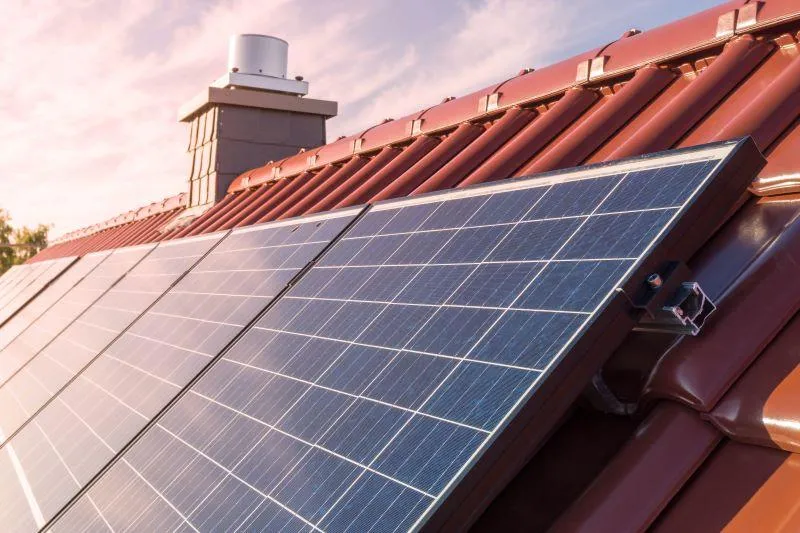Free Solar Texas, solar panels:
The complete guide in 2024

Interested in going solar?
You'll need to install a 13.35 kW solar panel system to cover the average electric bill in Texas, which will cost you about $21,370 after the federal tax credit.
Texas produces more energy than any other U.S. state. While most of this energy comes from fossil fuels, the Lone Star State is also a leader in solar energy–second only to California.
With ample sun, it's no surprise that Texas is a great state for solar panels. But how much you can save with solar depends on your utility company: Some offer great incentives, while others don't offer any.
Here's what you need to know about getting solar panels in Texas.
Solar panels will save you a lot of money over time, but the upfront costs aren't cheap. The average Texas homeowner needs a 13.35 kW solar panel system to cover their electricity needs, which comes out to $30,529 before incentives. Prices range from $25,950 to $35,108, but after the federal tax credit, that drops by 30%, and some utilities in Texas offer local incentives as well.
While this may sound high, it will usually pay off in Texas–especially if you add a battery. That's why over 87,000 Texas homeowners have used EnergySage to receive and compare quotes for solar installations. You can expect to earn back your initial solar investment through electricity savings in about 6.51 years, while most systems last at least 25 years. You'll often see this number referenced as your solar payback period.
There are a few ways to finance your solar panel system so you don't have to provide all that money upfront:
Cash purchase: You'll own the system and pay for it upfront. This provides the best long-term savings.
Solar loan: Allows you to retain ownership of your system, while owing little to no money upfront. Solar loans aren't all created equal: If you have access to subsidized clean energy loans through local incentive programs, that's usually your best bet. A home equity loan or a personal loan are often your next best options––private solar loans typically come with higher interest rates or upfront fees.
Solar lease or power purchase agreement (PPA): A third-party company owns your system and either leases you the solar panels (solar lease) or allows you to purchase the electricity they generate (PPA). These generally provide the lowest savings and generate the most negative press about solar. If you choose this financing option, read the fine print: You can get trapped in them for longer than you'd like.
If you want to get a free quote and design, from a certified Solar Consultant, click here.